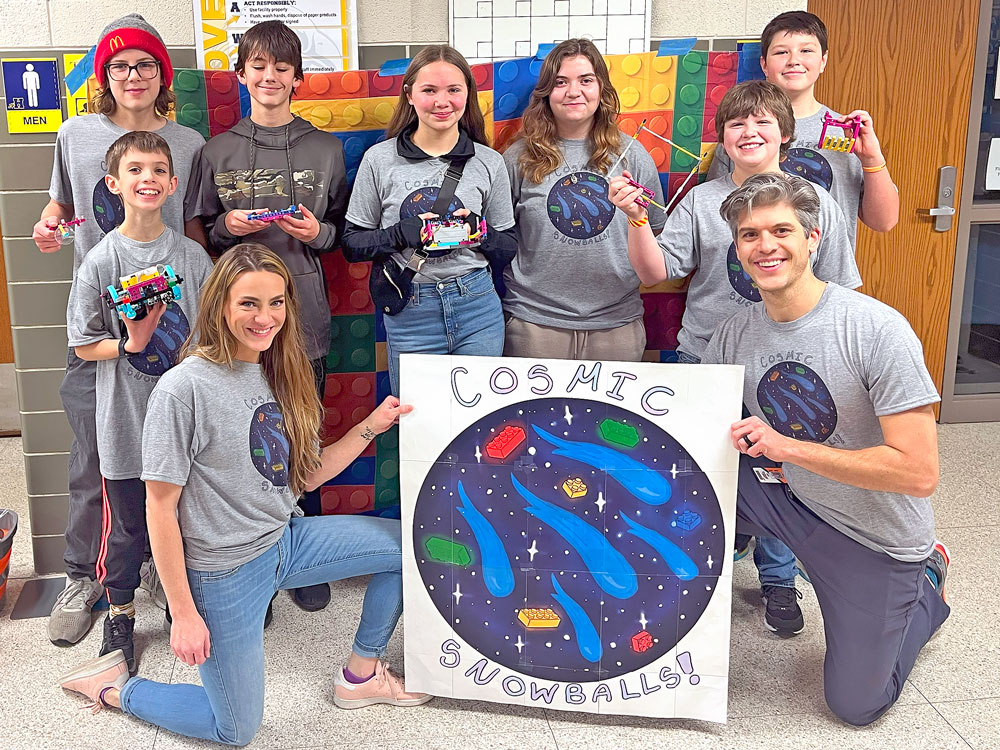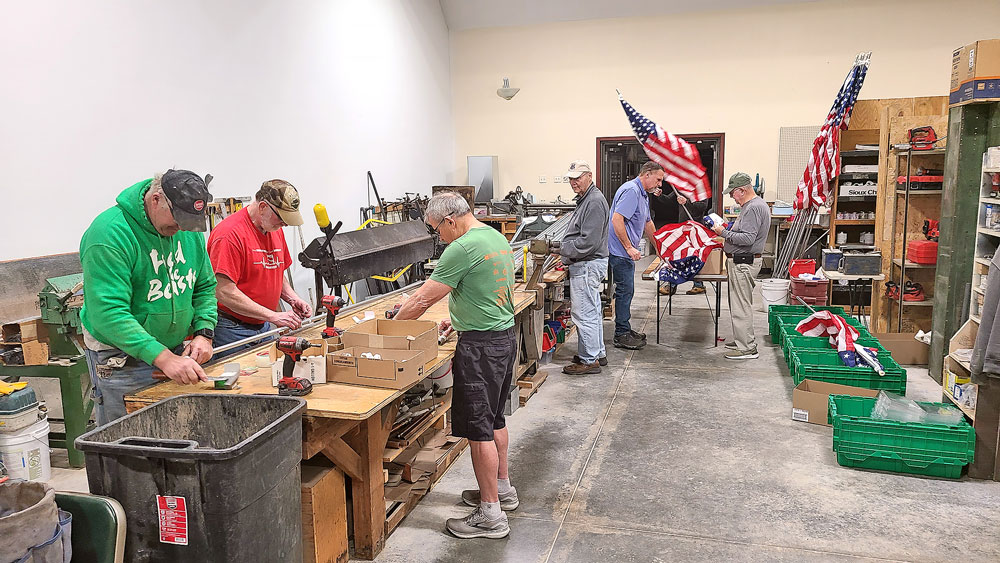More competition is the prescription to ease drug price sticker shock
 By Sen. Chuck Grassley, Guest column
By Sen. Chuck Grassley, Guest column
Back to school shopping this year brought sticker shock for families in Iowa and elsewhere. This wasn’t over pencils and notebooks but a life-saving device that kids with severe allergies have to have available at all times.
The EpiPen cost has jumped more than 400 percent since 2007. Paying as much as $600 per product is a lot of money, especially considering families like one in Polk City, Iowa, with four kids who need EpiPens. The shelf life is about a year, so the EpiPen needs to be replaced, and parents try to stock the item in multiple places, like grandma’s house, in case of emergency.
The price increases brought scrutiny on the company, Mylan, that sells EpiPens. Iowans asked me to find out what was going on, and I started asking questions. Soon afterward, Mylan announced steps to help patients afford the product: more patient discount coupons and an authorized generic version. Still, the company won’t lower the price, and daily headlines tell us the EpiPen is only one of many prescription medicines busting budgets. So what can and should be done to hold down drug costs?
One of the best ways is to increase competition, where drug companies are encouraged to innovate and produce new products and the marketplace works to drive down prices.
Driving down prices also requires making sure drug companies are playing fair and not gaming the rules. The Department of Justice and the Federal Trade Commission enforce the antitrust laws and investigate anti-competitive behavior. Companies aren’t allowed to engage in unfair or deceptive practices that end up harming consumers. The agencies need to be assertive in enforcing these laws.
I’m a co-sponsor of two bipartisan bills that would help address drug company practices that have delayed the availability of generic drugs and kept drug costs high for patients.
One is the Creating and Restoring Equal Access to Equivalent Samples (CREATES) Act. This bill would deter brand name pharmaceutical companies from blocking less expensive generic alternatives from entering the market. The brand companies do this by denying access to the drug samples that generic makers need to develop their generic versions. The second bill is the Preserve Access to Affordable Generics Act. It would help end the practice of brand name and generic manufacturers’ using anti-competitive pay-off agreements to keep more affordable generic equivalents off the market.
Another way to lower costs is making sure drug companies aren’t gaming taxpayer-funded public health care programs.
Medicare and Medicaid are big customers for prescription drugs and medical devices.
When they overpay, the taxpayers overpay, and so do the beneficiaries who face out of pocket copayments. My office found that Mylan relies heavily on Medicare and Medicaid for its EpiPen revenue. Meanwhile, the federal agency that runs those health care programs says Mylan has been overcharging Medicaid for EpiPens. This might have cost the taxpayers hundreds of millions of dollars. Where was the federal agency while this was going on? The taxpayers are getting short shrift, and the Obama Administration has not done its job here. I’m continuing to ask questions. The Justice Department, and other agencies, now seem to be paying attention.
Yet another way to drive down drug costs is the reimportation of prescription drugs from other countries where product safety and effectiveness can be assured. The Food and Drug Administration already has the power to certify the safety of such drugs. The agency hasn’t wanted to use this power for reasons that are unclear.
The FDA also needs to continue to make progress on its backlog of generic drug applications. When a company has submitted an application for a generic product, consumers deserve a timely answer on whether that product is ready for the marketplace.
And while the FDA’s no. 1 job is protecting public safety, the agency also needs to make sure not to impose unneeded regulations that prevent patients from getting new alterative or generic drugs as soon as possible.
There may be other steps that would ease the sticker shock of sky-high prescription drug prices. In the meantime, I’m working on legislation and oversight efforts that will make a big difference for consumers and the people of Iowa.
Grassley is chairman of the Judiciary Committee, with jurisdiction over antitrust and patent law, and a senior member of the Finance Committee, which oversees Medicare and Medicaid.








Social Share